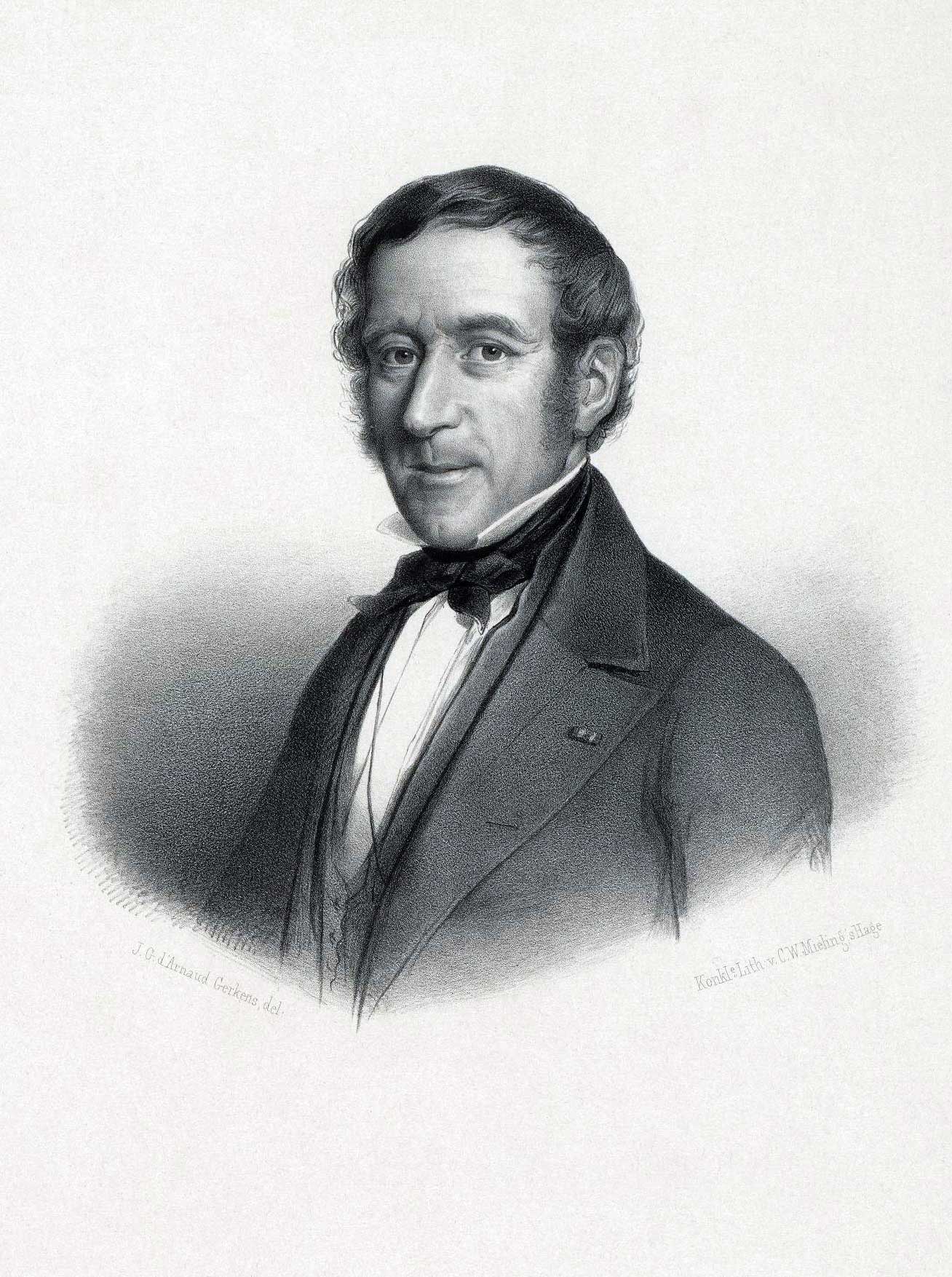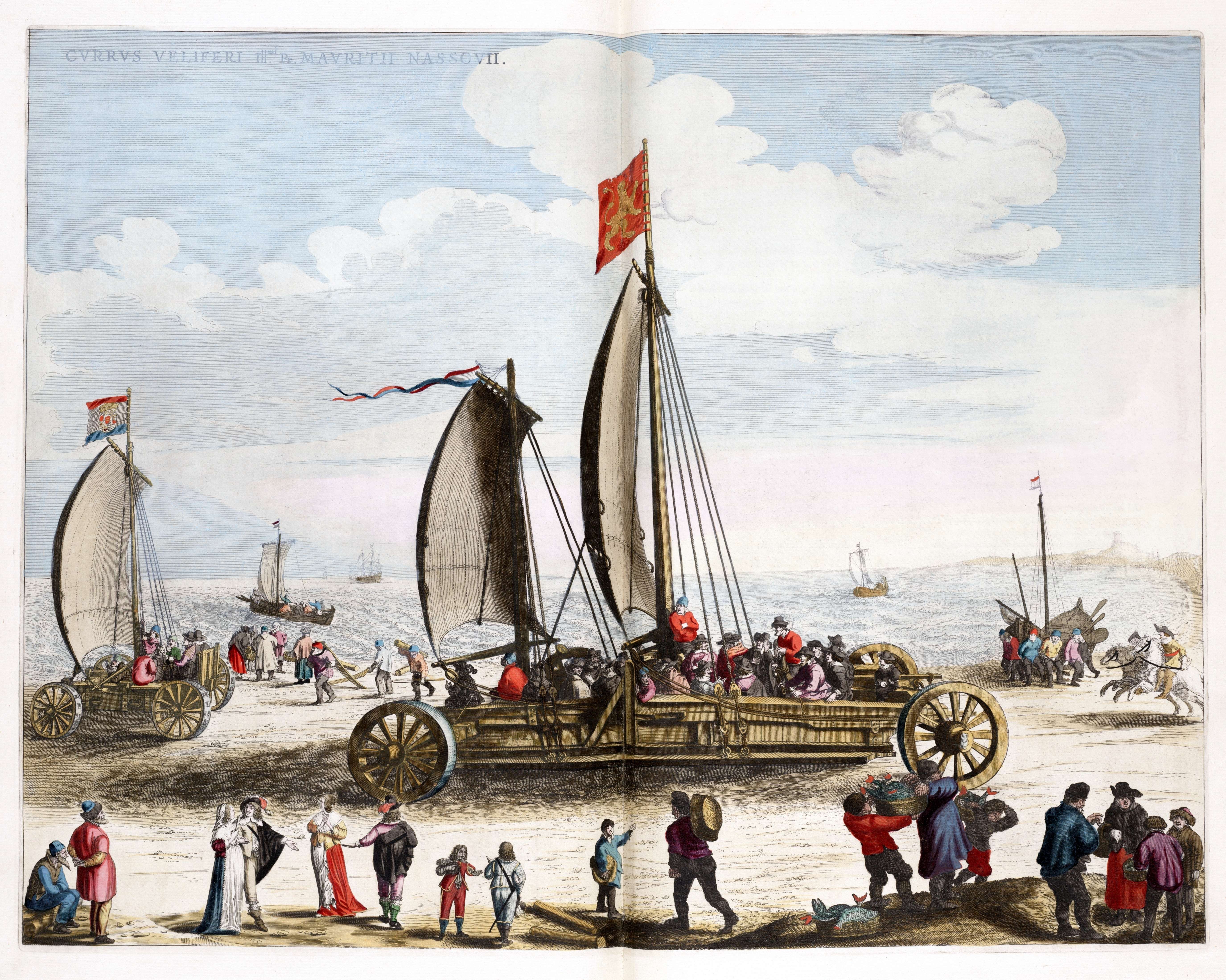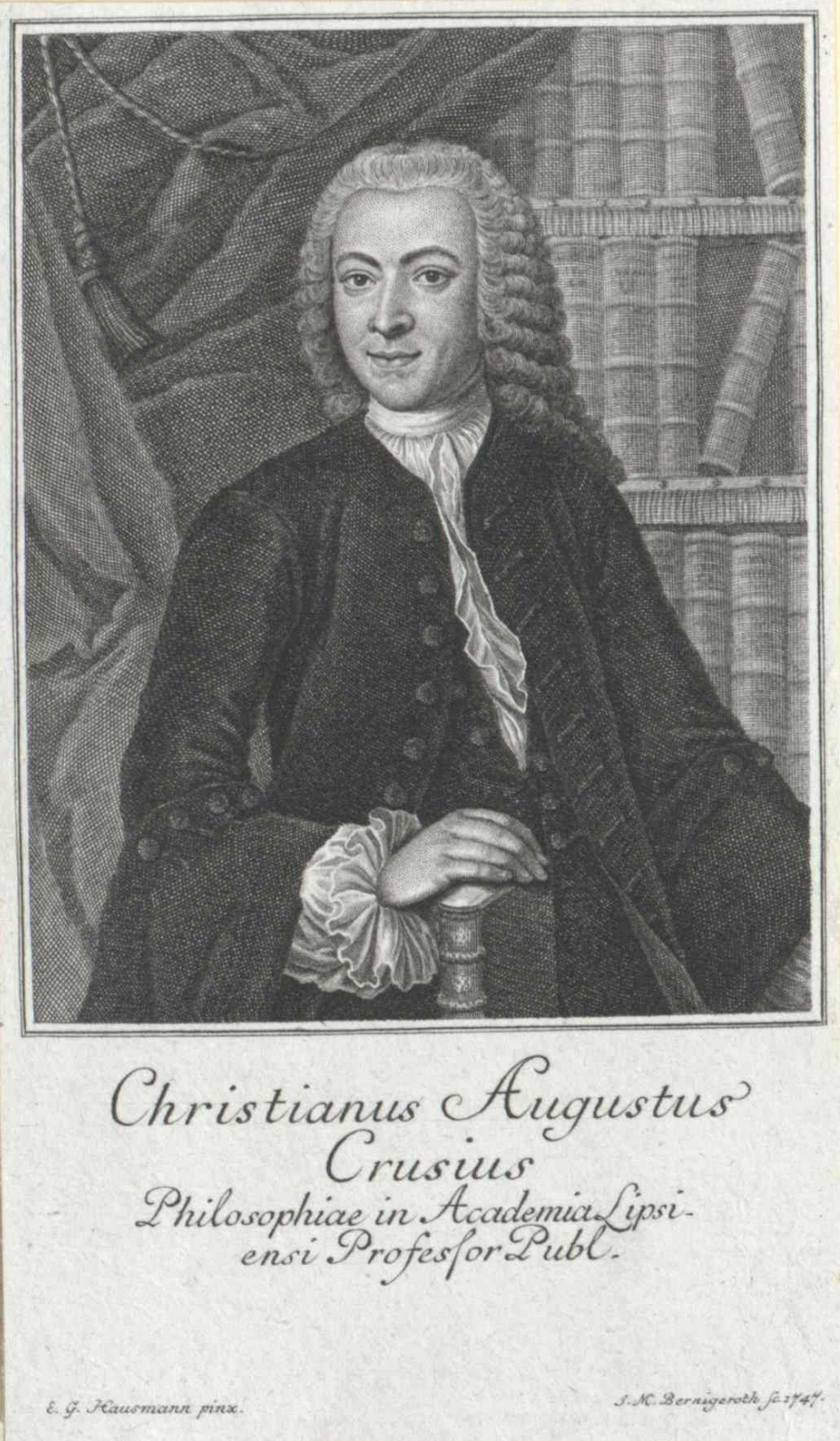|
Hypomnemata
Hypomnemata ( grc, ὑπομνήματα) may refer to: * Plural of the Greek term hypomnema, later used by Michel Foucault * Several ancient literary works by writers including: ** Aeneas Tacticus ** Aristoxenus ** Hegesander (historian) ** Hegesippus (chronicler) ** Ion of Chios ** Strabo ** Symmachus (translator) * The title of a commentary, as in many of the Commentaria in Aristotelem Graeca; including works by: ** Porphyry (philosopher) * Several works by modern authors, including: ** Jan Bake ** Thomas Bartholin ** Heinrich von Cocceji ** Christian August Crusius ** John Prideaux ** Daniel Sennert ** Simon Stevin ** Andreas Werckmeister Andreas Werckmeister (November 30, 1645 – October 26, 1706) was a German organist, music theorist, and composer of the Baroque era. He was amongst the earliest advocates of equal temperament, and through this advocacy was highly influential to t ... * , a series of scholarly publications in classical studies {{SIA Greek words and phrases [...More Info...] [...Related Items...] OR: [Wikipedia] [Google] [Baidu] |
Hegesippus (chronicler)
Hegesippus (Ἅγιος Ἡγήσιππος; c. 110 – c.180 AD), also known as Hegesippus the Nazarene, was a Christian writer of the early Church who may, in spite of his Greek name, have been a Jewish convert and certainly wrote against heresies of the Gnostics and of Marcion. The dates that Hegesippus flourished are insecurely fixed by the statement of Eusebius that the death and apotheosis of Antinous (130) occurred in Hegesippus' lifetime, and that he came to Rome under Pope Anicetus (Bishop of Rome c. 157–168) and wrote in the time of Pope Eleuterus (pontificate c. 174–189). Hegesippus' works are now entirely lost, save eight passages concerning Church history quoted by Eusebius, who tells us that he wrote ''Hypomnemata'' (Ὑπομνήματα; "Memoirs" or "Memoranda") in five books, in the simplest style concerning the tradition of the Apostolic preaching. Through Eusebius, Hegesippus was also known to Jerome, who is responsible for the idea that Hegesippus "wrote a ... [...More Info...] [...Related Items...] OR: [Wikipedia] [Google] [Baidu] |
Hypomnema
Hypomnema (Greek. ὑπόμνημα, plural ὑπομνήματα, ''hypomnemata''), also spelled hupomnema, is a Greek word with several translations into English including a reminder, a note, a public record, a commentary, an anecdotal record, a draft, a copy, and other variations on those terms. Plato's theory of anamnesis recognized the new status of writing as a device of artificial memory, and he developed the hypomnesic principles for his students to follow in the Academy. According to Michel Foucault, "The hypomnemata constituted a material memory of things read, heard, or thought, thus offering these as an accumulated treasure for rereading and later meditation. They also formed a raw material for the writing of more systematic treatises in which were given arguments and means by which to struggle against some defect (such as anger, envy, gossip, flattery) or to overcome some difficult circumstance (a mourning, an exile, downfall, disgrace)." Modern usage Michel Fouca ... [...More Info...] [...Related Items...] OR: [Wikipedia] [Google] [Baidu] |
Ion Of Chios
Ion of Chios (; grc-gre, Ἴων ὁ Χῖος; c. 490/480 – c. 420 BC) was a Greek writer, dramatist, lyric poet and philosopher. He was a contemporary of Aeschylus, Euripides and Sophocles. Of his many plays and poems only a few titles and fragments have survived. He also wrote some prose works, including a Pythagorean text, the ''Triagmos'', of which a few fragments survive. Life He was the son of Orthomenes, and was surnamed the son of Xuthus: probably a nickname alluding to Xuthus, the father of the mythical Ion. When very young he went to Athens, where he enjoyed the society of Cimon, of whom he left laudatory notices in some of his works which are quoted by Plutarch. Plutarch informs us that Ion severely criticised Pericles, who is said to have been his rival in love. Ion was familiarly acquainted with Aeschylus, if we may believe an anecdote related by Plutarch, but he did not come forward as a tragedian till after Aeschylus' death. We also learn from Ion himself that h ... [...More Info...] [...Related Items...] OR: [Wikipedia] [Google] [Baidu] |
Jan Bake
Jan Bake (1 September 1787 – 26 March 1864) was a Dutch philologist and critic. He was born in Leiden, and from 1817 to 1854 he was professor of Greek and Roman literature at the university. His principal works are:- *''Posidonii Rhodii Reliquiae Doctrinae'' (1810) *''Cleomedis Circularis Doctrina de Sublimitate'' (1820) *''Bibliotheca Critica Nova'' (1825–1831) *''Scholica Hypomnemata'' (1837–1862), a collection of essays dealing mainly with Cicero Marcus Tullius Cicero ( ; ; 3 January 106 BC – 7 December 43 BC) was a Roman statesman, lawyer, scholar, philosopher, and academic skeptic, who tried to uphold optimate principles during the political crises that led to the esta ... and the Attic orators *''Cicero, De Legibus'' (1842) and ''De Oratore'' (1863) *'' Apsinis et Longini Rhethorica'' (1849). His biography was written (in Dutch) by his pupil Bakhuizen van der Brink (1865); for an appreciation of his services to classical literature see L Mü ... [...More Info...] [...Related Items...] OR: [Wikipedia] [Google] [Baidu] |
Simon Stevin
Simon Stevin (; 1548–1620), sometimes called Stevinus, was a Flemish mathematician, scientist and music theorist. He made various contributions in many areas of science and engineering, both theoretical and practical. He also translated various mathematical terms into Dutch, making it one of the few European languages in which the word for mathematics, '' wiskunde'' ('' wis'' and '' kunde'', i.e., "the knowledge of what is certain"), was not a loanword from Greek but a calque via Latin. He also replaced the word '' chemie'', the Dutch for chemistry, by '' scheikunde'' ("the art of separating"), made in analogy with ''wikt:en:wiskunde#Dutch, wiskunde''. Biography Very little is known with certainty about Simon Stevin's life, and what we know is mostly inferred from other recorded facts.E. J. Dijksterhuis (1970) ''Simon Stevin: Science in the Netherlands around 1600'', The Hague: Martinus Nijhoff Publishers, Dutch original 1943, 's-Gravenhage The exact birth date and the date ... [...More Info...] [...Related Items...] OR: [Wikipedia] [Google] [Baidu] |
Daniel Sennert
Daniel Sennert (25 November 1572 – 21 July 1637) was a renowned German physician and a prolific academic writer, especially in the field of alchemy or chemistry. He held the position of professor of medicine at the University of Wittenberg for many years. Biographical information Daniel Sennert was born in 1572 in the city of Breslau (now Wrocław, Poland), at the time part of the Habsburg monarchy. His father, Nicolaus Sennert, was a shoemaker from Laehn, Silesia. Sennert attended the University of Wittenberg and received his master's degree in 1598 and his medical degree in 1601. In his early work, he demonstrated an avoidance of alchemical theory and an acceptance of Aristotelian theory. However, within a decade of receiving his medical degree he had changed to accepting alchemical transmutation and experimentation as valid. He published a number of popular books on alchemy and chemistry, several of which received a number of reprintings and translations. He served on the ... [...More Info...] [...Related Items...] OR: [Wikipedia] [Google] [Baidu] |
John Prideaux
John Prideaux (7 September 1578 – 29 July 1650) was an English academic and Bishop of Worcester. Early life The fourth son of John and Agnes Prideaux, he was born at Stowford House in the parish of Harford, near Ivybridge, Devon, England, on 17 September 1578. His parents had to provide for a family of twelve; John, however, attracted the attention of a wealthy friend, Lady Fowell, of the same parish, and was sent to Oxford at eighteen. He matriculated from Exeter College on 14 October 1596, received a B.A. degree on 31 January 1600, was elected Fellow of Exeter College on 30 June 1601, and received a M.A. degree on 30 June 1603. The College was then under Thomas Holland as Rector and William Helme as tutor. :s:Prideaux, John (1578-1650) (DNB00) Prideaux took holy orders soon after 1603, and was appointed chaplain to Henry Frederick, Prince of Wales. Matthew Sutcliffe named him in 1609 one of the fellows of his Chelsea College. Rector and Regius Professor Prideaux was a ... [...More Info...] [...Related Items...] OR: [Wikipedia] [Google] [Baidu] |
Christian August Crusius
Christian August Crusius (10 January 1715 – 18 October 1775) was a German philosopher and Protestant theologian. Biography Crusius was born in Leuna in the Electorate of Saxony. He was educated at the University of Leipzig, and became professor of theology there in 1750, and principal in 1773. Crusius first came to notice as an opponent of the philosophy of Gottfried Leibniz and Christian Wolff from the standpoint of religious orthodoxy. He attacked it mainly on the grounds of the moral evils that must flow from any system of determinism, and attempted to vindicate the freedom of the will. The most important works of this period of his life are ''Anweisung, vernünftig zu leben'' uide to Rational Living(1744), ''Entwurf der nothwendigen Vernunftwahrheiten wiefern sie den zufälligen entgegengesetzt werden'' Necessary Truths of Reason, in so far as they are Opposed to Contingent Truths">Principle of sufficient reason">Necessary Truths of Reason, in so far as they ar ... [...More Info...] [...Related Items...] OR: [Wikipedia] [Google] [Baidu] |
Andreas Werckmeister
Andreas Werckmeister (November 30, 1645 – October 26, 1706) was a German organist, music theorist, and composer of the Baroque era. He was amongst the earliest advocates of equal temperament, and through this advocacy was highly influential to the harmonic basis underlying almost all of subsequent Western music. Life Born in Benneckenstein, Werckmeister attended schools in Nordhausen and Quedlinburg. He received his musical training from his uncles Heinrich Christian Werckmeister and Heinrich Victor Werckmeister. In 1664 he became an organist in Hasselfelde; ten years later in Elbingerode; and in 1696 of the Martinskirche in Halberstadt. Musical compositions Of his compositions only a booklet remains: pieces for violin with basso continuo, with the title ''Musikalische Privatlust'' (1689). Also some organ works remain: Canzon in a-minor, Canzona in d-minor, Praeludium ex G, Canzonetta in D-major. Theoretical works Werckmeister is best known today as a theorist, in particular ... [...More Info...] [...Related Items...] OR: [Wikipedia] [Google] [Baidu] |
Hegesander (historian)
Hegesander ( grc-gre, Ἡγήσανδρος) was an ancient Greek historian, and a citizen of Delphi. Besides an historical work, called ''Commentaries'' (Greek: ''Hypomnemata''), which consisted of at least six books, and seems to have been of a somewhat discursive character, he wrote a work on statues (''hypomnema andrianton kai agalmaton''). The period at which he flourished is not known, but he cannot have been more ancient than the reign of Antigonus II Gonatas, which is mentioned by him (Athenaeus Athenaeus of Naucratis (; grc, Ἀθήναιος ὁ Nαυκρατίτης or Nαυκράτιος, ''Athēnaios Naukratitēs'' or ''Naukratios''; la, Athenaeus Naucratita) was a Greek rhetorician and grammarian, flourishing about the end of th .... ix. p. 400, d.), and which extended from 283 to 239 BC. References * {{DEFAULTSORT:Hegesander (Historian) Hellenistic-era historians Ancient Greek historians known only from secondary sources People from Delphi 3rd-century ... [...More Info...] [...Related Items...] OR: [Wikipedia] [Google] [Baidu] |
Symmachus (translator)
Symmachus (; grc-gre, Σύμμαχος "ally"; fl. late 2nd century) translated the Old Testament into Greek. His translation was included by Origen in his ''Hexapla'' and ''Tetrapla'', which compared various versions of the Old Testament side by side with the Septuagint. Some fragments of Symmachus's version that survive, in what remains of the ''Hexapla'', inspire scholars to remark on the purity and idiomatic elegance of Symmachus' Greek. He was admired by Jerome, who used his work in composing the ''Vulgate''. Life Eusebius inferred that Symmachus was an Ebionite (Ἐβιωνίτης Σύμμαχος ''"Symmachus the Ebionite"''), but this is now generally thought to be unreliable. The alternative is that he was a Samaritan who converted to Judaism. Epiphanius' account that Symmachus was a Samaritan who having quarrelled with his own people converted to Judaism is now given greater credence, since Symmachus' exegetical writings give no indication of Ebionism. At some time i ... [...More Info...] [...Related Items...] OR: [Wikipedia] [Google] [Baidu] |
Aeneas Tacticus
Aeneas Tacticus ( grc-gre, Αἰνείας ὁ Τακτικός; fl. 4th century BC) was one of the earliest Greek writers on the art of war and is credited as the first author to provide a complete guide to securing military communications. Polybius described his design for a hydraulic semaphore system. According to Aelianus Tacticus and Polybius, he wrote a number of treatises () on the subject. The only extant one, ''How to Survive under Siege'' ( grc, Περὶ τοῦ πῶς χρὴ πολιορκουμένους ἀντέχειν, ), deals with the best methods of defending a fortified city. An epitome of the whole was made by Cineas, minister of Pyrrhus, king of Epirus. The work is chiefly valuable as containing a large number of historical illustrations. Aeneas was considered by Isaac Casaubon to have been a contemporary of Xenophon and identical with the Arcadian general Aeneas of Stymphalus, whom Xenophon (''Hellenica'', vii.3) mentions as fighting at the Battle of ... [...More Info...] [...Related Items...] OR: [Wikipedia] [Google] [Baidu] |




